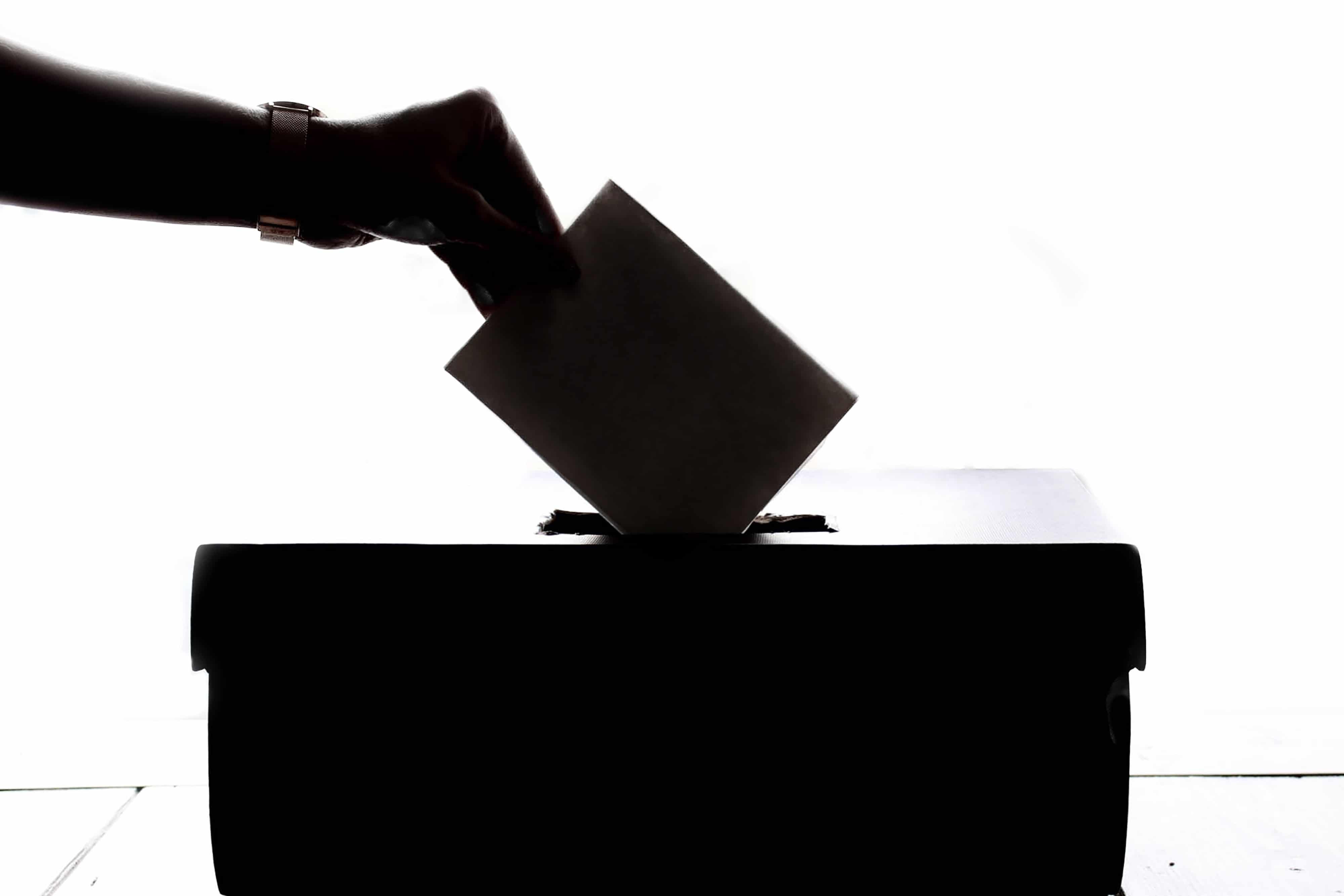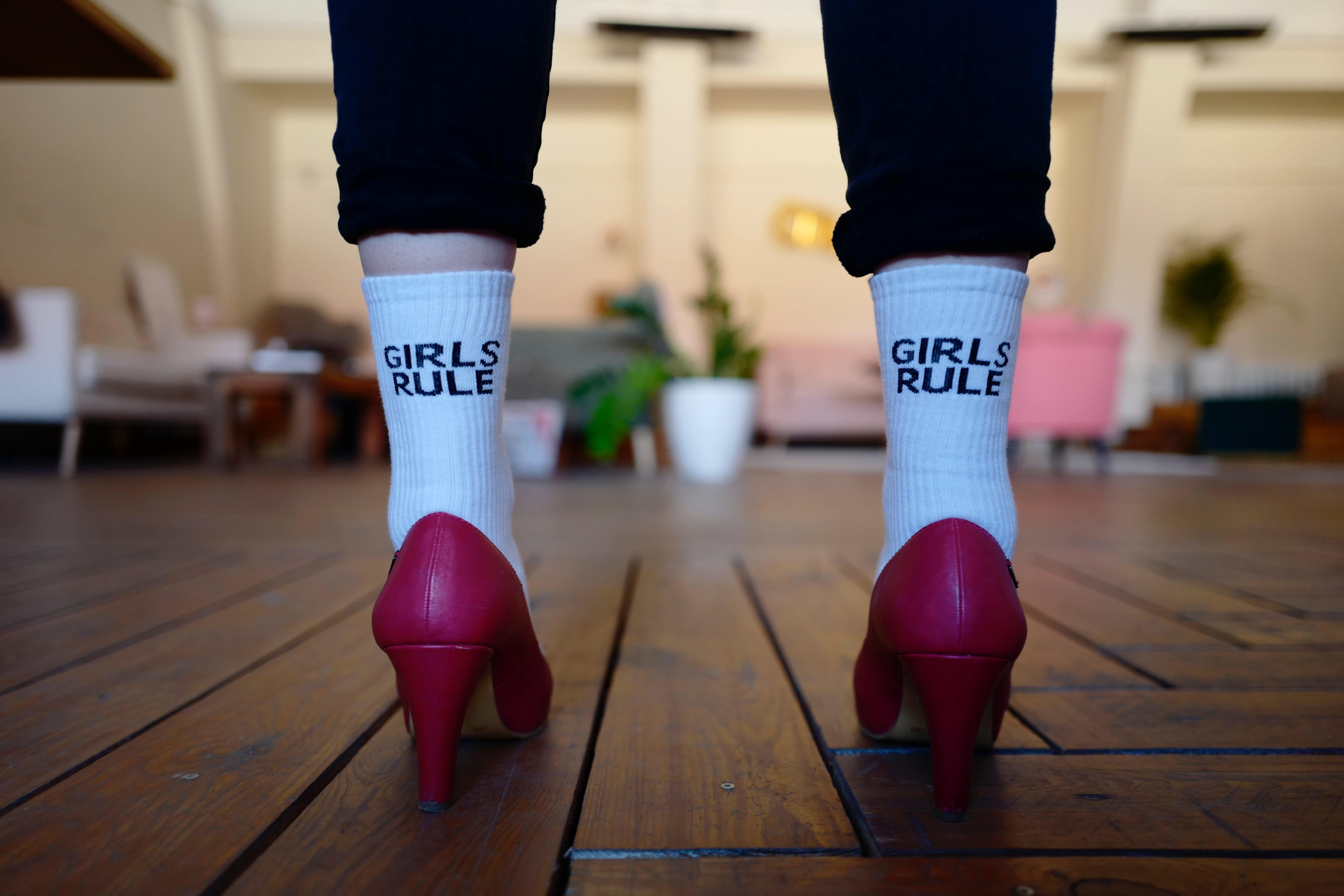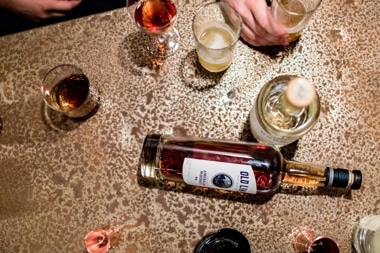In honor of 2020 being dubbed the new “Roaring 20’s”, we wanted to take a peek back on that era in time and share a little bit of Prohibition history with you. The Whiskey Rebellion and Prohibition are closely tied together in American history because both movements sought to control the production of spirits and both had a lasting effect on distilling and brewing practices that affect people to this day. Read on to learn five things you may not know about Prohibition.
1. The law was originally vetoed

The Volstead Act was a constitutional ban on alcohol distribution that started in the 1920’s and lasted until 1933. Though President Woodrow Wilson vetoed the Volstead Act, which would later be called Prohibition, Congress passed the law in 1919 and it took effect January 17, 1920. The law forbid the production, transportation, importation and sale of most alcoholic beverages with exceptions made for religious wines. In many states private ownership and consumption were not illegal and people hoarded liquor and wine for their personal use during the winter of 1919 before Prohibition took effect.
2. Prohibition provided a solution to growing lifestyle concerns
The movement began with good intentions. Led by Protestants, Prohibition aimed to end alcohol-related issues including alcoholism, family violence and political corruption. Prohibition’s effect is debated by many. During the time of the Prohibition, the opposition claimed it caused crime rates to rise as criminal gangs began to control the illegal beer and liquor supply to the states. It was also widely regarded as as an attack on free thinking and an imposition of religious values on America. While some research touts the decline of liver cirrhosis, alcoholic psychosis and infant mortality, many dispute these claims. Ultimately, the lasting effect of the Prohibition was felt during the Great Depression as the government suffered from lowered tax revenues.
3. Canada, Mexico and the Caribbean flourished during the Prohibition

Not surprisingly, neighboring countries benefited greatly from the Prohibition. Liquor from these countries was illegally smuggled into the United States and tourism in these areas climbed as wealthy Americans vacationed to areas in order to imbibe. The U.S. Government begged British counterparts to intervene in Caribbean territories, but Winston Churchill refused, dismissing Prohibition as an affront to the history of mankind.
4. In 1881 there was a resurgence of Prohibition in Kansas
Kansas was the first state to outlaw alcohol in its Constitution. There were vigilante groups that would uphold the state’s ban and one activist, Carrie Nation, would even go into saloons to scold customers and destroy liquor bottles with a hatchet. Nation was followed by other women and formed Carrie Nation Prohibition Group, but theirs was the most radical. Other groups would enforce the dry cause more peacefully by entering saloons to sing, pray and plead with barkeeps to stop selling alcohol.
5. Feminism has some roots in the Prohibition

Prohibition led to the closing of many saloons and, in the process, the male dominated drinking culture dissolved and became more inclusive. During Prohibition it became more socially acceptable for women to drink in speakeasies. Not only that, but women discovered they made excellent bootleggers. Law enforcement was less suspicious of women and less likely to pull them aside for questioning, so many made a living by selling alcohol in secret.
Prohibition ended when President Franklin Roosevelt signed the Cullen-Harrison Act, which legalized beer and wine with low alcohol contents. About 10 months after the law was signed, a full ratification of the 21st Amendment repealed the 18th Amendment, lifting Prohibition in its entirety. The end of Prohibition meant the beginning of licensing and distilling requirements for the production of spirits for personal use. Such licensing still exists today and is the reason why we can enjoy delicious spirits in bars and distilleries throughout the Mid-Atlantic.
Did this article make you thirsty? Check out our passes and find the one that makes you glad Prohibition ended.
Did you like this hot take on history? Find our blog about the Whiskey Rebellion’s roots here.


Recent Comments